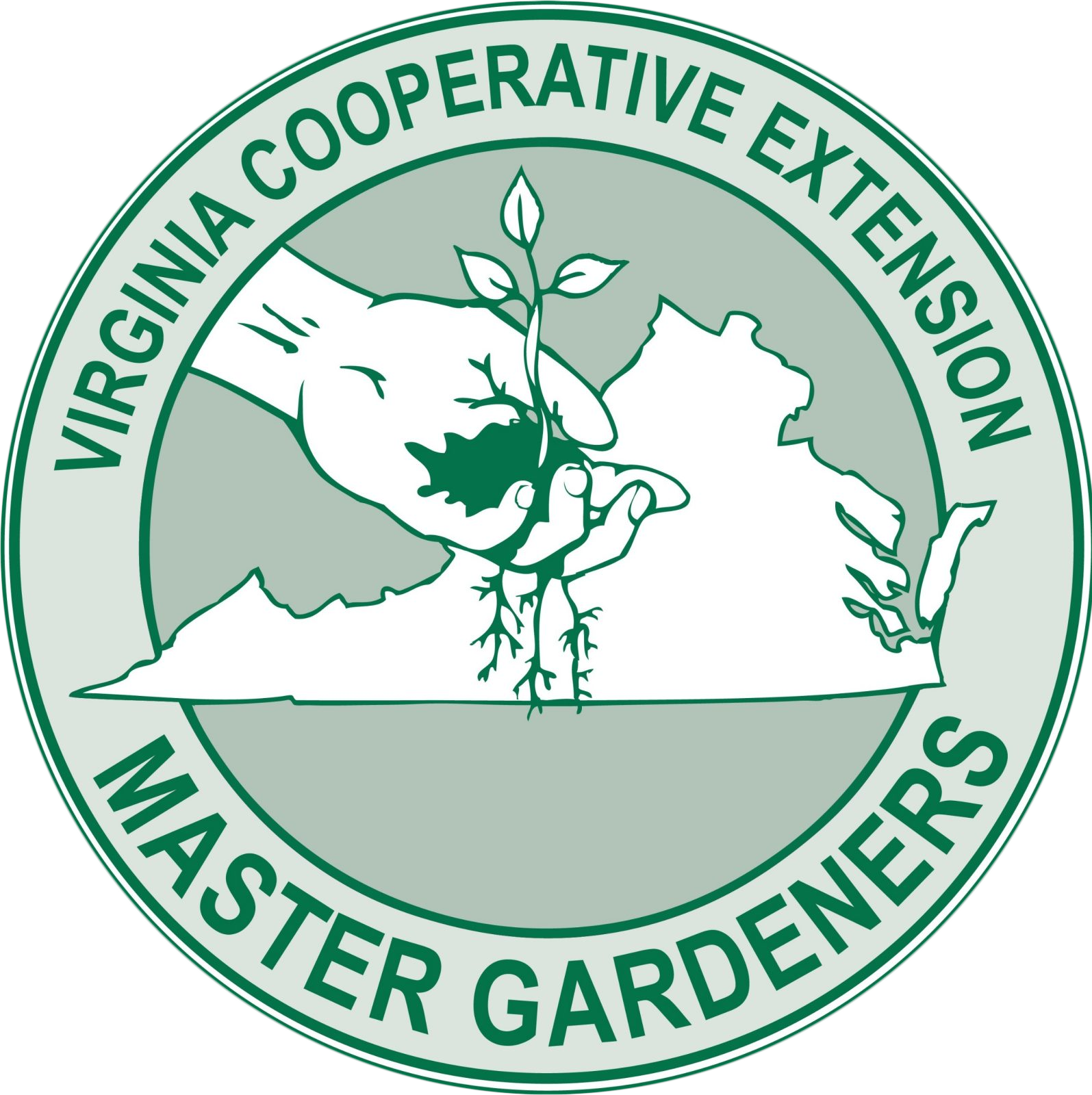Master Gardener – Search

Searching: propagation
If you don't see the answer you're looking for, try submitting your question.
Starting seedlings
-
Date Posted: Fri, Jan 06 - 9:22 pm
- I’m having trouble understanding when I should start planting certain plants. Also, if I have to do it inside or not. I wanted to plant native wildflowers all around my yard. This is my first time doing it and I’m unsure if I should just get a raised bed or use my ground. Where can I go to get help and is there a basic planting calendar for starting?
- Hello there, The process of starting plants from seed can seem daunting. Different plants have different requirements. Your best source of information is on the seed packet. It should state whether the seed needs warmth to germinate (which would indicate that you should probably start those plants indoors, with sufficient lighting, but note that some plants don't need light to germinate but will need the lighting after germination). You'll need to know how long a seed usually takes to germinate (that will be on the seed packet). You'll need to know when it's safe (temperature/weather) to take any indoor-grown plants outside. Generally growing from seed takes labeling and record keeping. I used to grow plants that needed an indoor headstart in my basement under grow lights that could be adjusted to accommodate the increasing height of plants. It works well if you have the space. Having a check list of plant name, days to germination, date to set outside, etc. is incredibly helpful. Having the seeds labeled in their growing medium is also important. There is an alternative method that some people use called winter sowing. Which is basically making a mini greenhouse out of a container. You can use various containers (I find the large plastic bins that contained greens from the grocery store very useful but you can also use gallon jugs w/tops cut off or similar). My personal experience with winter sowing involved chard, spinach, lettuce-plants that like the cool weather. But I'm sure it will work for flowering plants as well. The beauty of winter sowing is that the light needed is easily provided by mother nature. If you have newly ripened seed, that could go straight into the ground but most people are working with seeds that have been harvested and stored and are thinking about planting in spring. Hence, things get a bit more complicated. You'll want to work backwards from the last frost date to figure out when to plant your seeds. You may be planting different seeds at different times. Richmond is between zone 7a and 7b, so April 15th seems like a reasonable last frost date (though it's possible we could have one a bit later). Keep your eye on the weather. There's lots of information online such as plant record keeping templates you can print out for your records and info about the process of winter sowing. You'll probably wind up doing a combination of indoor starts and winter sowing. Just remember, those plant packets are your best resource! Good growing !!
Question
Answer
Fig Culture
-
Date Posted: Fri, Nov 04 - 4:59 pm
- I'm seeking a book on the propagation planting and care of a fig tree
- Hello there, I have a couple of suggestion for books on this subject. They have different 'personalities' so see which one suits you best. They are: Grow Figs Where You Think You Can't by Steven Biggs and Growing Figs in Cold Climates by Lee Reich. I would also suggest looking at the Edible Landscaping website. They sell all manner of edible plants for gardens and would be helpful in selecting a variety that you'll have the best luck with (if you don't already have a variety in mind/hand). And, of course, there is good information at the VA Tech website. I've included the link here: https://www.pubs.ext.vt.edu/content/dam/pubs_ext_vt_edu/spes/SPES-317/SPES-317.pdf. You'll want to consider site selection, preferably a micro-climate that will give your fig some insurance of getting through the winters, possible protection for winter (depending on site) and pollination requirements for starters. Good luck with your project. I think this will be a success!